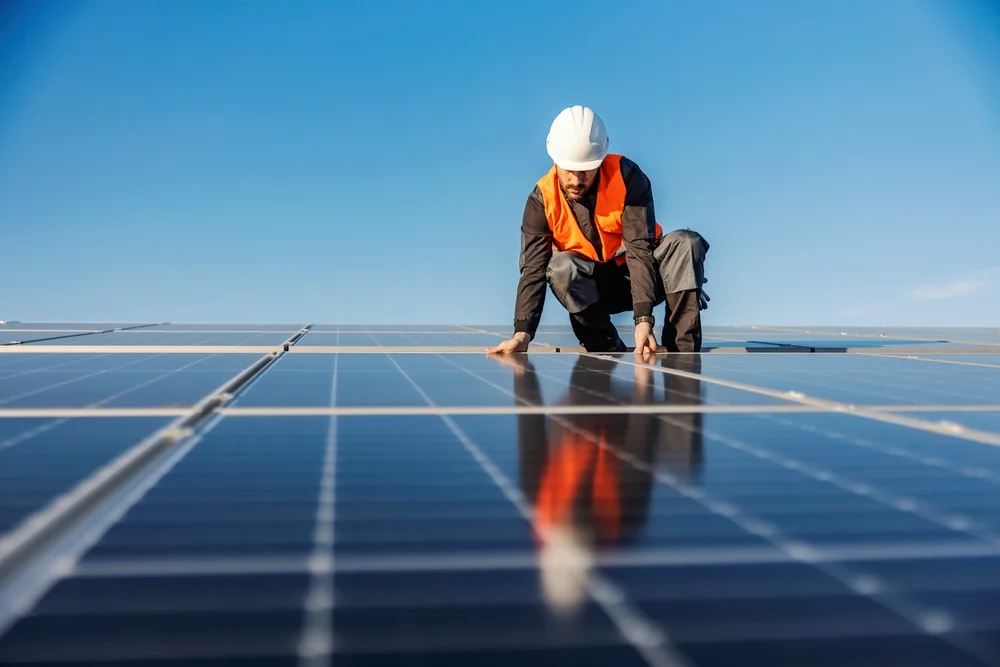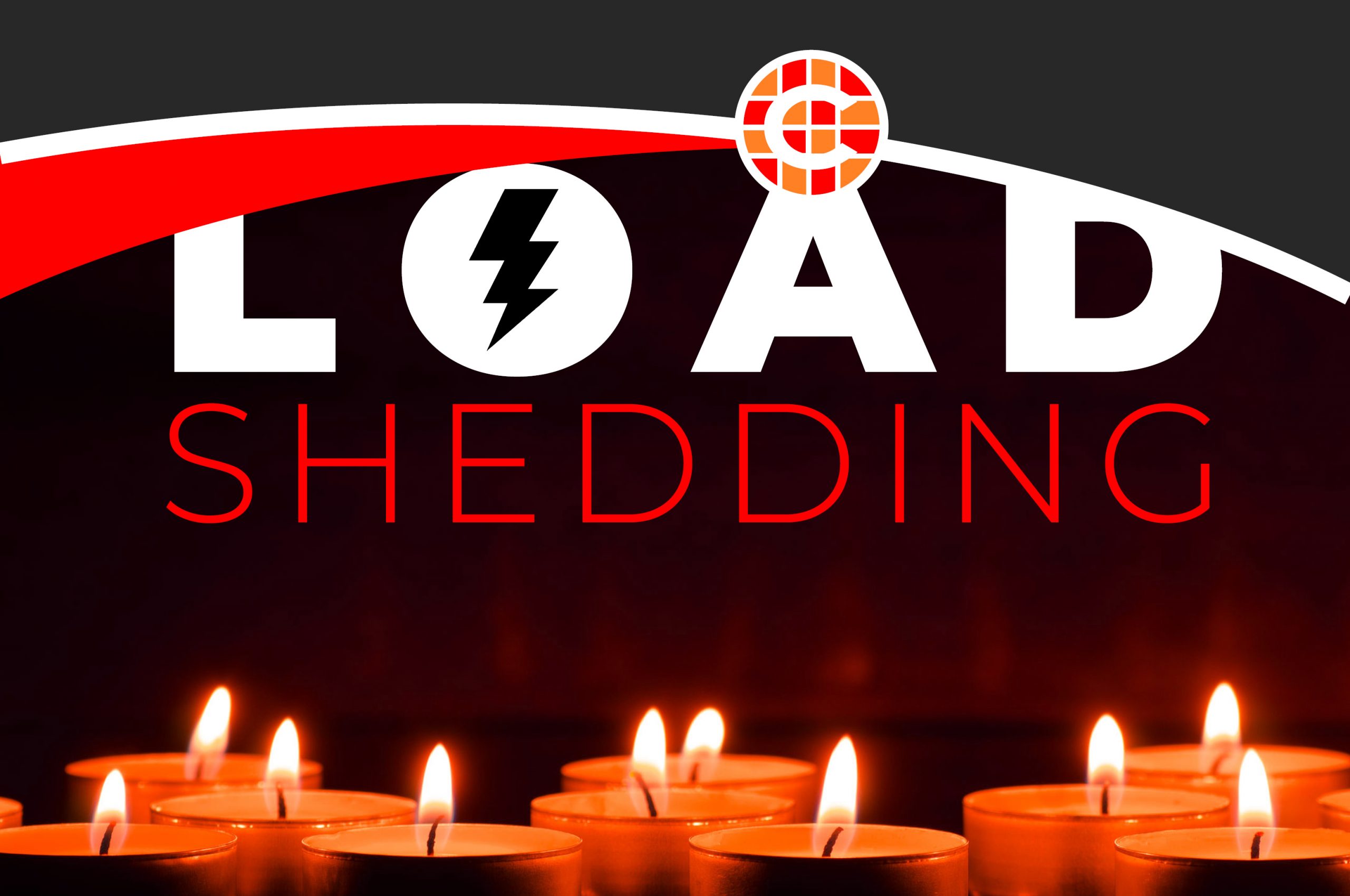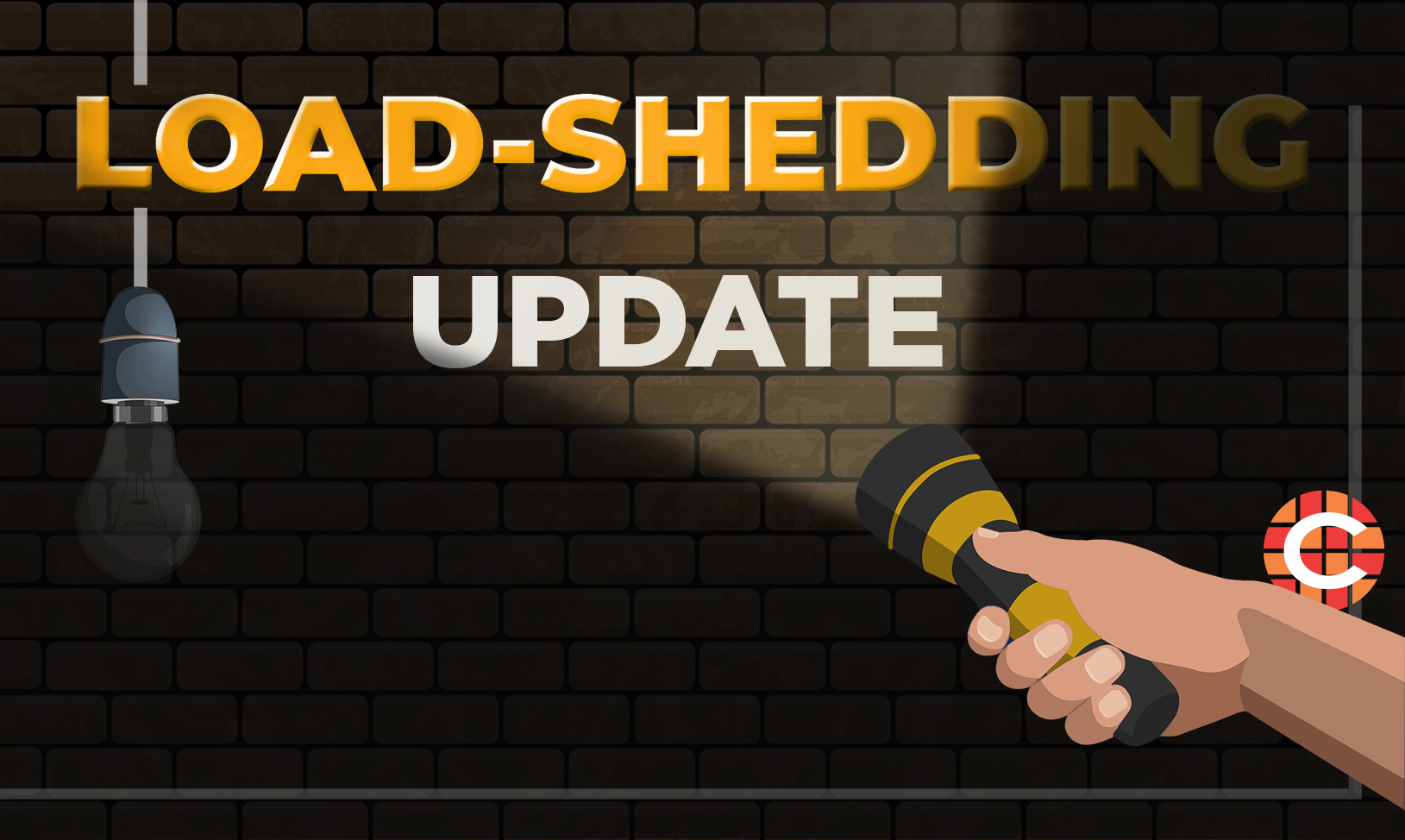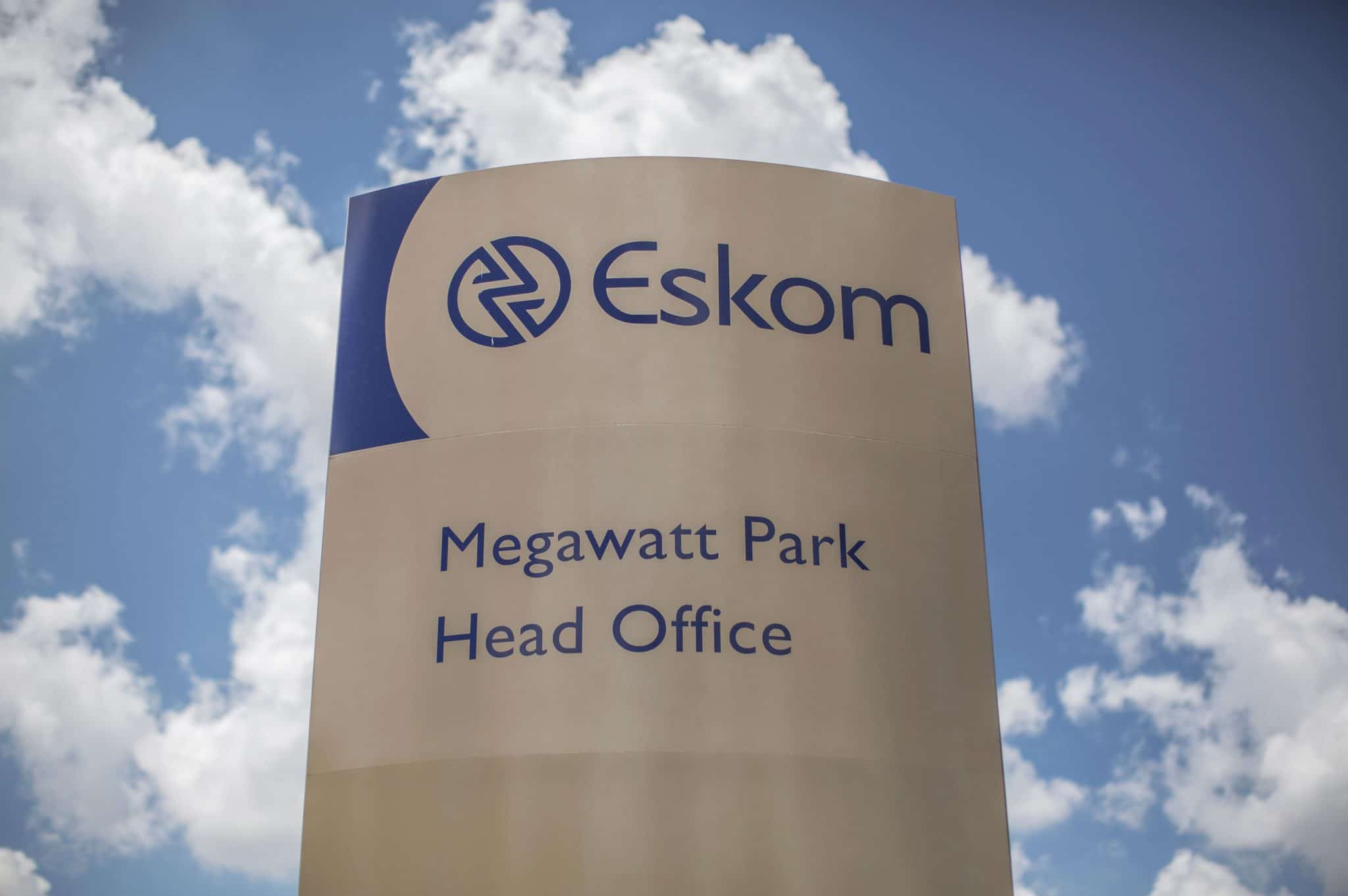Rooftop Solar Boom Leads to Improved Load-Shedding in South Africa

In a promising turn of events, South Africa is witnessing a significant improvement in load-shedding, and it’s all thanks to the growing adoption of rooftop solar installations. This renewable energy solution is empowering individuals and communities to take control of their power supply, reducing their reliance on the embattled power utility, Eskom.
Improved Load-Shedding in South Africa

According to a recent report by Business Tech, Eskom’s weekly energy availability factor (EAF) is currently better than the same period in previous years, including 2022 and 2021. However, despite this improvement, the overall energy supply hasn’t seen substantial growth.
ALSO READ : 📰 Load Shedding Takes a Break: Eskom Suspends Power Cuts for the Weekend 📰
So, why has load-shedding improved? The answer lies in the decreasing demand for traditional energy sources, primarily due to the remarkable surge in rooftop solar installations throughout 2023. The private solar sector has experienced a boom as more and more individuals and businesses embrace the benefits of generating their electricity.
Independent energy analyst, Pieter Jordaan, highlights the role of lower demand in the improved load-shedding situation. With an increasing number of households and commercial establishments harnessing the power of the sun, the strain on the national grid has eased. This shift towards decentralized energy generation has provided respite from frequent power outages, allowing consecutive days without disruptions.
The rise of rooftop solar installations not only contributes to a more reliable energy supply but also promotes sustainability and environmental consciousness. By reducing reliance on fossil fuel-based electricity, South Africans are actively participating in the global transition towards cleaner energy sources, mitigating the impact of climate change.
While Eskom’s EAF still falls below the minimum requirement set by the energy regulator, NERSA, the positive impact of rooftop solar installations cannot be overlooked. The growing trend of private solar adoption signifies a shift towards a more decentralized and resilient energy landscape, empowering individuals and communities to take charge of their energy needs.
As South Africa continues to navigate its energy challenges, the rooftop solar revolution stands as a shining example of how individuals can make a tangible difference. With each solar panel installed on rooftops across the nation, the collective effort to combat load-shedding gains momentum, bringing us closer to a future powered by clean and sustainable energy.
So, let the sun shine and the rooftop solar revolution continue to brighten South Africa’s energy landscape, providing relief from load-shedding and paving the way for a greener future.




